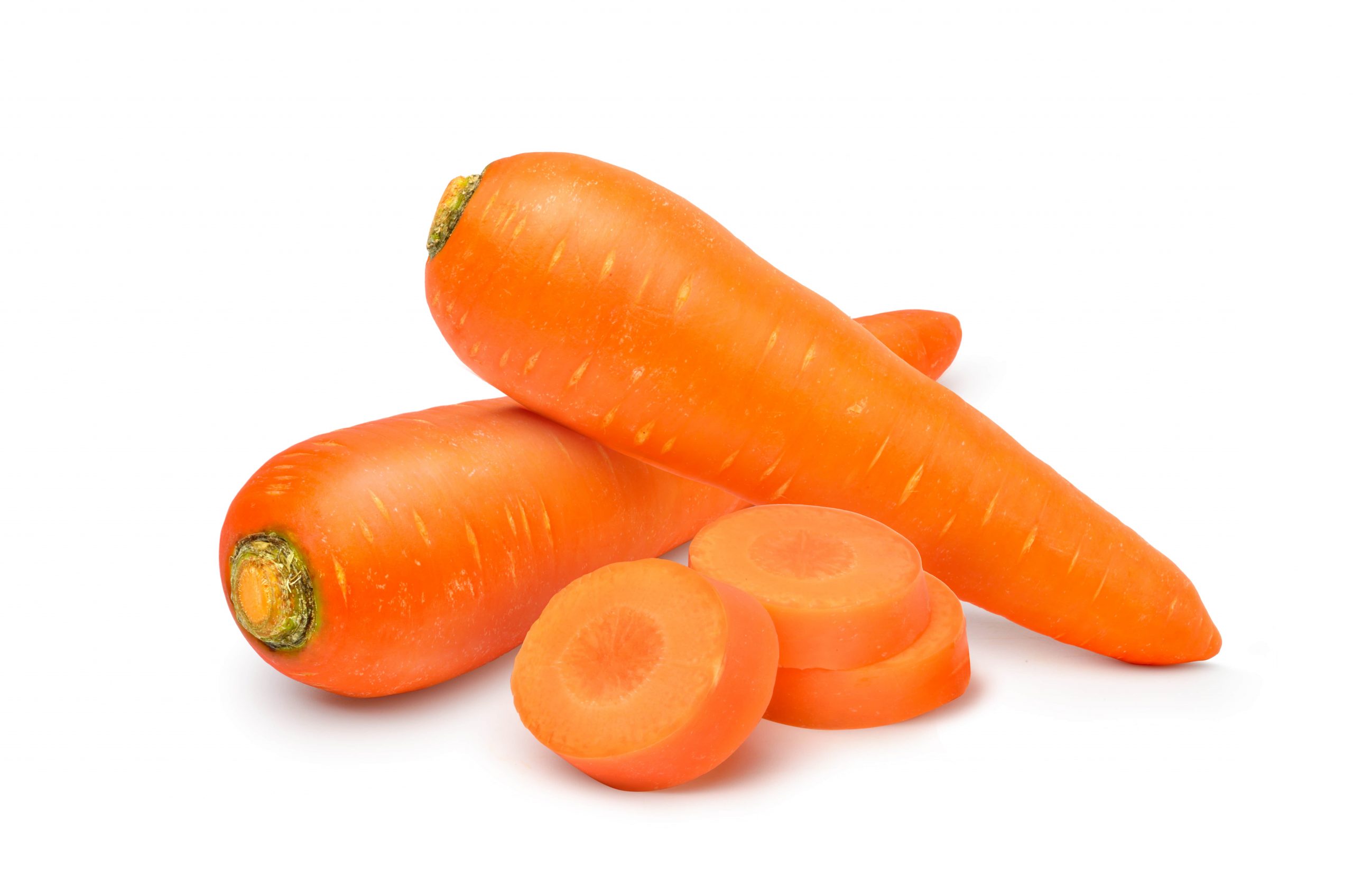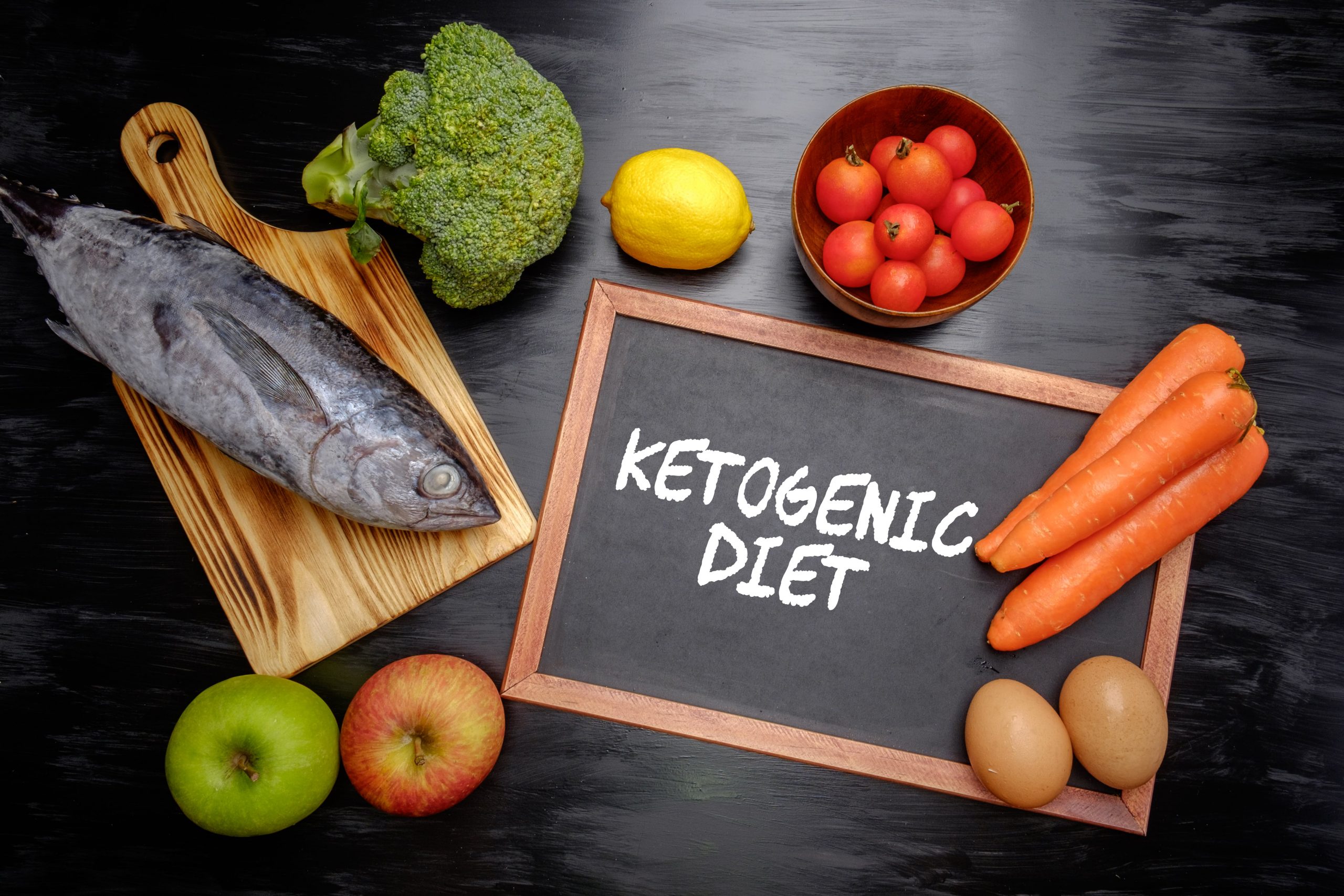The keto diet is good and, when followed well, will boost the body’s functionality and result in many benefits. You may wonder, is carrot keto-friendly?
The keto diet is one of the most popular diets, thanks to the many health benefits. People on such a diet eat very low carb, medium protein, and high-fat foods, training the body to use its fat reserves in a condition called ketosis. Initially, the body may strain to withstand it, but it gets used to it over time, and you reap health benefits. Since carrot is among the most popular vegetables, you might want to know if it is keto-friendly. Here is all the information.
The nutritional profile of carrots
The first step in accepting and appreciating the role carrots play in the diet is assessing its nutritional profile. If you were to chop 122g slices of carrot (the volume of the typical cup), you would be taking in 12g of total carbs, 25calories, 1g of proteins, 3g of fiber, 0g fat, and 9g net carb. However, if you went slow and only took 61g of raw carrots, you will be having 50calories, 6g total carbs, 1g proteins, 4g net carb, 0g fats, and some amount of sugar. This information shows that carrots might have higher amounts of carbs than other tubers. Still, these levels are lower than water broccoli, or other vegetables may offer.
Is carrot keto-friendly?
In a ketogenic diet, you eat up to 25g of carbs as your daily allotment, and you must keep it at this to avoid jeopardizing ketosis and keep your body in a state where it optimizes the keto benefits. Therefore, carrots may not be very friendly with a keto diet. The main reason is the high carb content in them. For instance, when you take 122g sliced carrots, you supply your body with at least 9g carb out of the possible 25g you can have in a day. This is close to half the amount of the daily allowable limit! After that, you might have to starve to avoid exceeding the limit or eat and jeopardize ketosis. Of course, none of the two struggles is better.
What vegetable alternatives do I have for my keto diet?
Now that carrot is not very friendly with a keto diet and will leave you struggling either way, you might be interested in knowing what alternatives are for you. Admittedly, there is quite a handful to this. For example, a 107g serving of broccoli is only packed with a 3g net carb. On the other hand, in the 120g serving of celery, you will only be taking 2g of carbs. In addition, you will only reap 3g from a 71g serving of cauliflower. Therefore, you can try any of these without worrying about finishing up your daily recommended allowable limit or starving to avoid going past the limit.
Carrots are nutritionally rich
Although carrots might not be the number vegetable option in a keto diet, they have a rich nutritional profile. For instance, carrots are rich in important vitamins, including C, B6, K, A, folate, and niacin. Besides, they are also rich in high-profile minerals, including phosphorus, magnesium, calcium, and potassium. Each of these is required by the body in substantial amounts.
Health benefits of carrots
Carrots are indeed among the richest foods the earth has offered because they havemany health benefits. Here are some of them;
1. They are good for the eyesight
One of the incredible health benefits of carrots is that they help you have good eyesight. Visual problems affect people of all ages, races, and sex, and a regular bite of carrot is all you might need to enhance your sight. Carrots are rich in alpha and beta-carotene, two compounds linked to vitamin A. with enough vitamin A, eye problems such as macular degeneration and cataracts do not have to scare you. Besides, carrots have plenty of antioxidants which equally contribute to good vision.
2. It might be good for heart disease and blood pressure management
Blood pressure is one of the risk factors of heart disease, one of the global top killer diseases. However, some studies show that increasing your intake of particular foods could control your blood pressure, lowering your risk of heart disease. One of such foods is carrots. This tuber vegetable is rich in antioxidants that fight oxidative stress and free radicals that could cause high blood pressure. All there isn’t enough evidence about this; it does not hurt to bite a carrot regularly or incorporate it in your meals, hoping that it protects you in the future.
3. They may help with digestive issues
Bloating, diarrhea, stomach discomfort, and constipation are among the many digestive/gastrointestinal problems people deal with. What if you were told that carrots could help with some of these? You might consider having them in your salad or incorporating it in your smoothies. Because of the fiber content in carrots, bowel movement slows down, preventing constipation. The fiber also mixes with food, and the gel-like substance formed makes digestion and absorption efficient. Besides, the antioxidants and fibers in carrots help promote good gut health. Yet, a good condition of the gut means a solution to some gut issues.
4. May be good for the bones
Eating carrots could mean better health of the bones. Calcium, magnesium, and phosphorus are some of the minerals found in carrots, although in trace amounts. As you take carrots regularly, they contribute to increased bone mass and strength.
5. Help for osteoporosis
Osteoporosis is a form of arthritis afflicting the majority of arthritics. It means the degradation of bones where the cushions and cartilages are eaten. Some studies link carrots to improved arthritic symptoms since the minerals in carrots help improve bone mass and strength.
Conclusion
The Keto diet is among the top diets people register for to improve their lives. This diet is very low in carbs but has medium and high proteins and fats, respectively. With such, the body trains to use fats and lose them quickly. This article examined whether carrots are keto-friendly. Because of their relatively high amounts of carbs, they do not fit the keto diet. However, they still have many health benefits you could tap on if you are not on a ketogenic diet.
Credits
We would like to thank the below contributors who have helped us to write this article:
- How Long Should You Bake a Boneless Chicken Breast? - April 19, 2024
- How HØJ Became the New High - June 10, 2023
- “Sahyog-Care for You”: Empowering Communities and Creating Lasting Change - June 10, 2023







